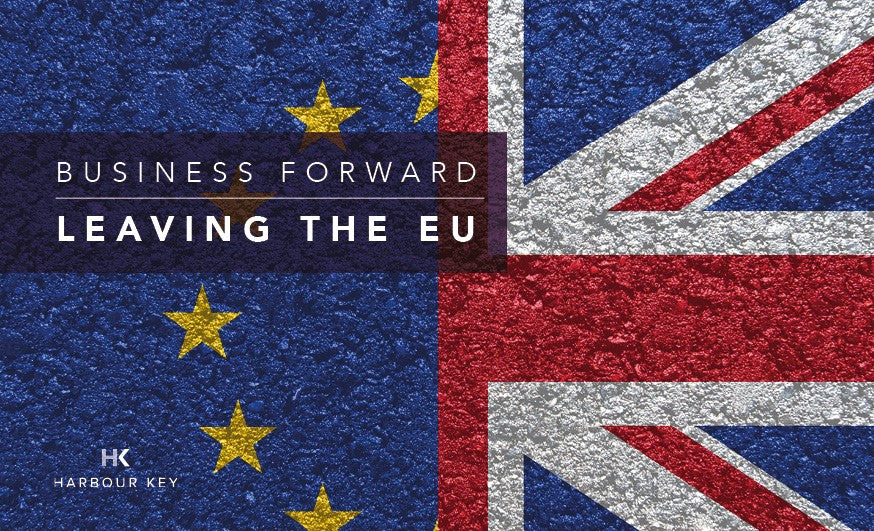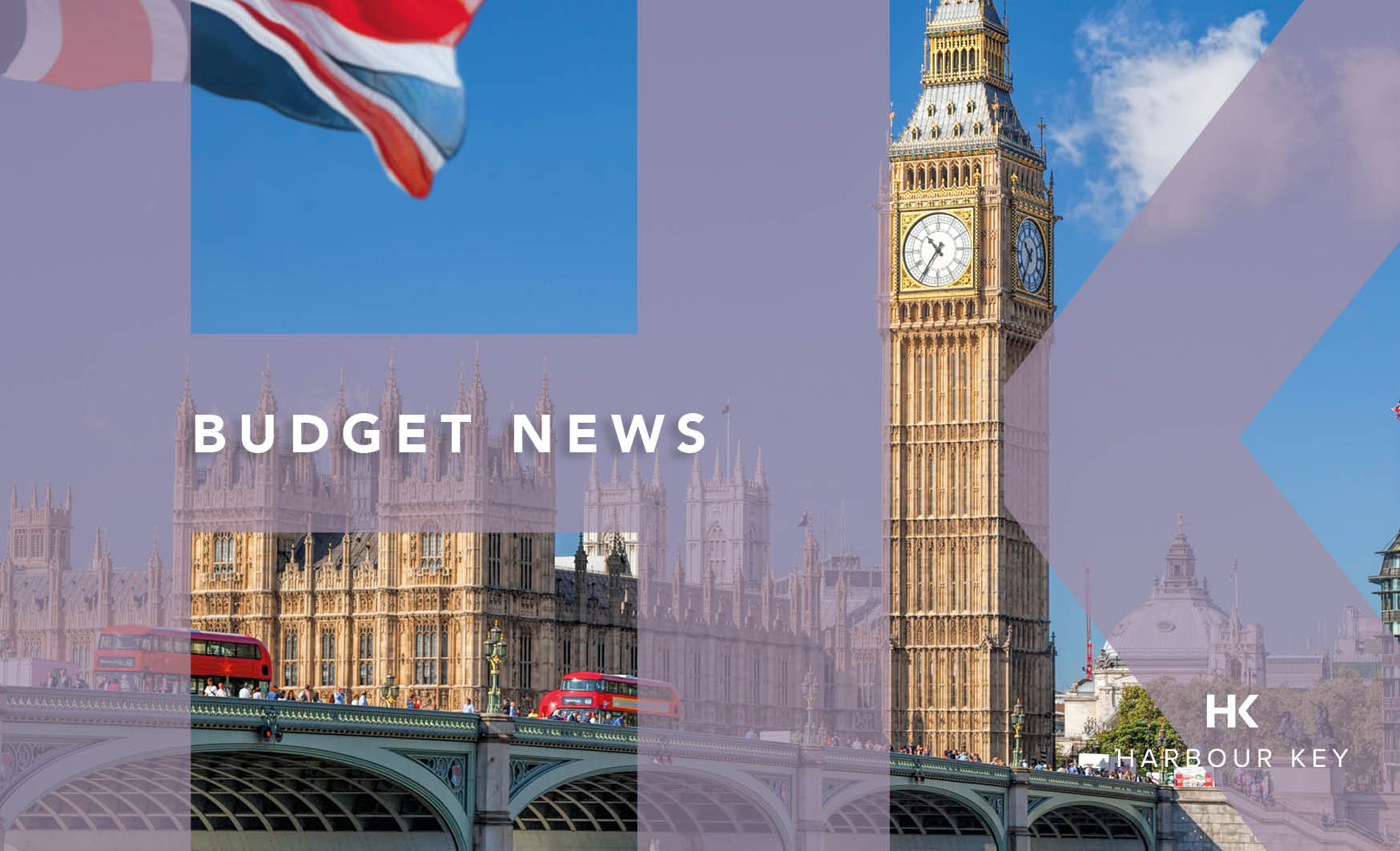
Accounting for import VAT on VAT returns
Following the UK’s exit from the EU, the transition period comes to an end this year and various changes will come into effect from 1 January 2021 in respect of VAT. For businesses registered for VAT in the UK, one change to ease admin and help with cashflow means you will now be able to declare and recover import VAT on the same form rather than paying upfront and claiming back later.
Currently when goods are imported into the UK from a non-EU member state, the importing business or its agent must pay the import VAT to HMRC in order that the goods can clear Customs and be put into free circulation in the UK. The import VAT paid in any month is confirmed by HMRC on a C79 certificate which serves as the evidence for the importer to reclaim the VAT paid through its VAT return. There may, however, be a delay of up to four months between paying the import VAT and subsequently recovering it from HMRC.
With effect from 1 January 2021, import VAT will be dealt with by postponed accounting in essentially the same way as an acquisition of goods from another EU member state is currently processed. The UK importer will treat itself both as the supplier and recipient of the relevant goods, and on the same VAT return will declare output tax on the value of the goods and reclaim as input tax (in accordance with the normal rules) the VAT notionally charged. This means no physical outflow of cash is required.
Please note that this relaxation applies only to VAT and does not apply to any Customs import duties that may be liable on goods being imported.
Grants
Grants are available to help businesses with leaving the EU and the custom duties issues that will arise. Broadly, there are three grants available to help businesses complete customs declarations.
A business can apply to get funding for:
- training that helps the business to complete customs declarations and processes;
- hiring new staff to help the business complete customs declarations; and
- IT improvements to help the business complete customs declarations more efficiently.
The grant can cover salary costs for new or redeployed staff, up to a limit of £12,000 per person and £3,000 for recruitment costs for new employees. This will help recruit new staff and train them, when all traders moving goods will have to make declarations.
The grant scheme will continue to offer financial support for training costs to upskill staff and for IT that will allow greater efficiency. The grant for IT will cover expenses for increasing capacity or productivity for customs declarations, customs software, set-up costs, and related hardware.
Who can apply?
The business must:
- have been established in the UK for at least 12 months before the submission of the application and when the grant is paid; and
- not have previously failed to meet its tax obligations
In addition, the businesses must meet one of the descriptions below:
- complete or intend to complete customs declarations on behalf of clients;
- be an importer or exporter and complete or intend to complete declarations internally for its own goods;
- be an organisation which recruits, trains and places apprentices in businesses to undertake customs declarations.
Grants will be issued on a first come, first served basis. Applications will close on 3 June 2021, or earlier if all funding is allocated. The grant scheme is administered by PricewaterhouseCoopers (PwC) on behalf of HMRC.
For more information on the scheme and how to apply, see GOV.uk website.



